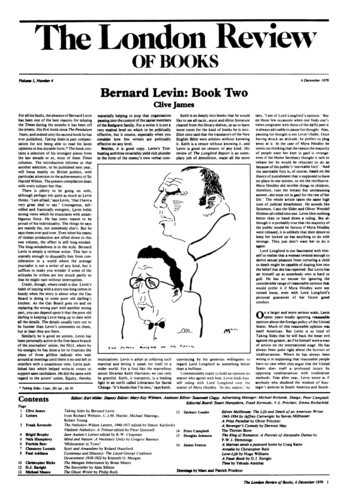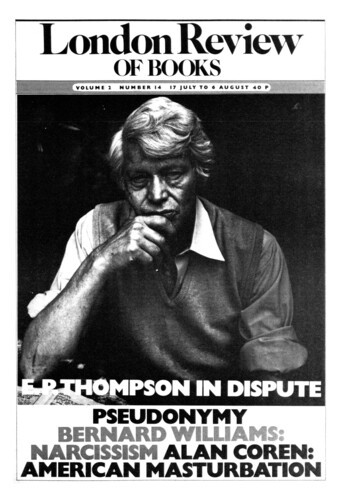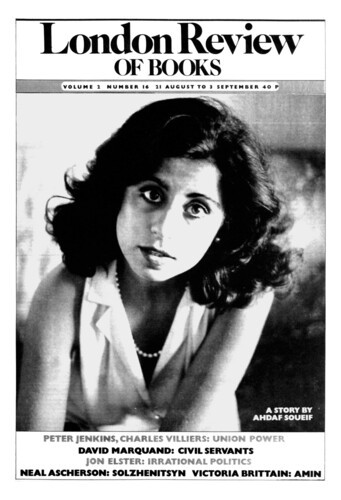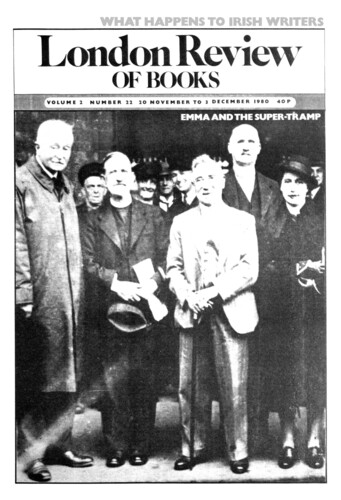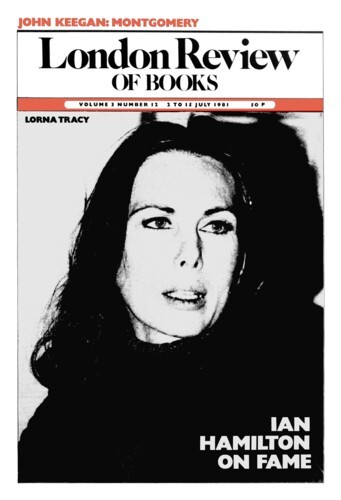Middle Way
Paul Addison, 6 December 1979
In the first half of the 20th century, Britain experienced two peacetime coalitions: the Lloyd George Government of 1918, and Ramsay MacDonald’s ‘National Government’ of 1931. Both were unsuccessful hearttransplants. After a while, political opinion reacted almost violently against them, and the double rejection served to discredit the idea of repeating the experiment. The prejudice in favour of clear-cut party politics seems to have been taken over by historians, for until recent years both coalitions suffered considerable neglect. Yet both were of decisive importance in redirecting the state after a catastrophe. The Great War and the Slump alike necessitated a clearing-up operation to restore a sense of stability and normality. The paradox on each occasion was that such a restoration demanded innovations and a clear break with the past. In recent years, the idea of coalition has again achieved a certain respectability, and, as if in sympathy, historians have moved to reassess the forgotten regimes. Now Kenneth Morgan has written a first-class study of the Lloyd Georgian experiment of 1918-1922.
